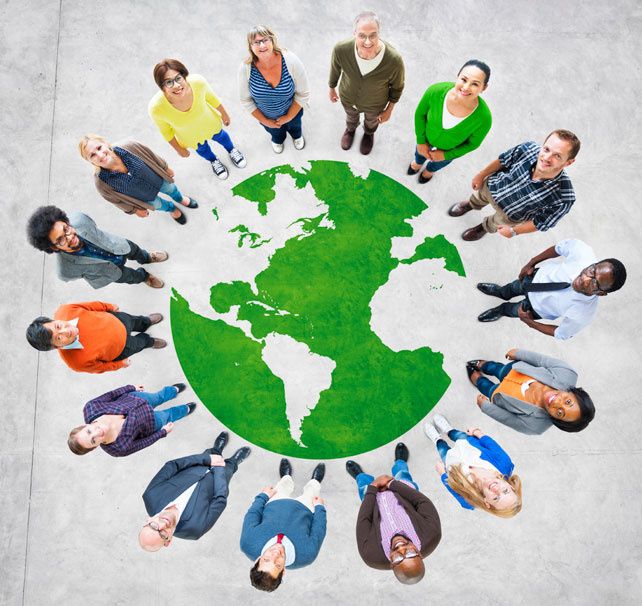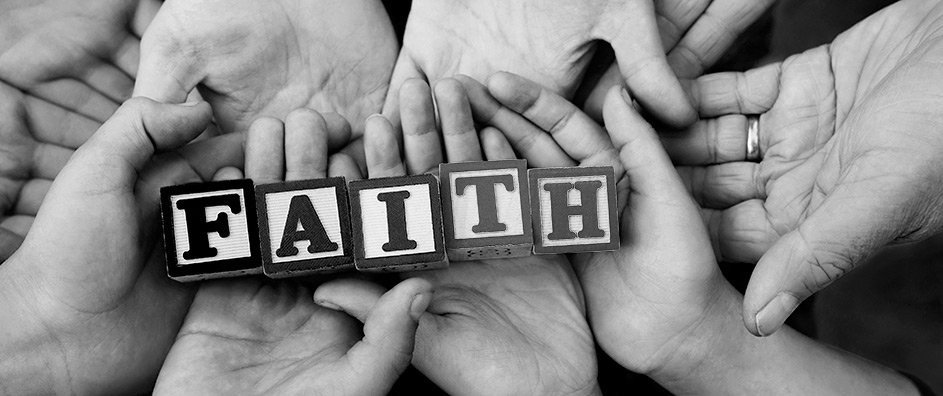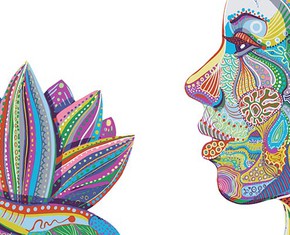The views expressed in our content reflect individual perspectives and do not represent the authoritative views of the Baha'i Faith.
Each morning, I spend some quiet time in devotion and study. Currently I’m studying material in a 2005 missive from the Universal House of Justice, the guiding institution for the global Baha’i community, entitled One Common Faith. It explores the role of religion in the world, both past and future, and deals with a variety of related issues. For example: the role that our difficulty in distinguishing between eternal spiritual principles and evolving social conventions plays in dividing our world up along religious and tribal lines.
The House of Justice’s letters to the Baha’i Community have always been prescient—usually their insights lead world events by five to ten years. I was struck by how these passages from One Common Faith resonate with the current state of the world:
If unity is indeed the litmus test of human progress, neither history nor Heaven will readily forgive those who choose deliberately to raise their hands against it. In trusting, people lower their defences and open themselves to others. Without doing so, there is no way in which they can commit themselves wholeheartedly to shared goals. Nothing is so devastating as suddenly to discover that, for the other party, commitments made in good faith have represented no more than an advantage gained, a means of achieving concealed objectives different from, or even inimical to, what had ostensibly been undertaken together. Such betrayal is a persistent thread in human history that found one of its earliest recorded expressions in the ancient tale of Cain’s jealousy of the brother whose faith God had chosen to confirm. If the appalling suffering endured by the earth’s peoples during the twentieth century has left a lesson, it lies in the fact that the systemic disunity, inherited from a dark past and poisoning relations in every sphere of life, could throw open the door in this age to demonic behaviour more bestial than anything the mind had dreamed possible.
If evil has a name, it is surely the deliberate violation of the hard-won covenants of peace and reconciliation by which people of goodwill seek to escape the past and to build together a new future.
I offer this without commentary as to what situations I personally see reflected in the words, but I will add something about unity. Some people suppose that unity results after we solve such problems as gender inequality, racism and other forms of bigotry, gross inequities of class and wealth, etc.
I submit that the reverse is true—and the teachings of the various prophets and messengers speak to this repeatedly. Before his crucifixion, Christ advised his disciples to love one another. In his parting prayer, he asked that his disciples be one as he and God were one.
In the same way, Baha’u’llah’s entire mission is dedicated to unity because, in this age of ever more powerful technologies, our unity has become essential to our continued existence as a species:
The well-being of mankind, its peace and security, are unattainable unless and until its unity is firmly established. This unity can never be achieved so long as the counsels which the Pen of the Most High hath revealed are suffered to pass unheeded. – Baha’u’llah, Gleanings from the Writings of Baha’u’llah, p. 286.
 We must first make unity the goal in order to find solutions to these other ills–for they are not the disease, but only the symptoms.
We must first make unity the goal in order to find solutions to these other ills–for they are not the disease, but only the symptoms.
Think about it. For every problem you can extract from the daily news, consider what solving that problem might look like if the people engaged in the solution were unified in their goals, if not in their individual beliefs, tribal affiliations, or political factions.
Ultimately, if we wish to inhabit a better world, we must each do our part to build that world. Our attitudes, words and actions—where they may either unify or disrupt—have become crucial. We lie to ourselves when we say we are powerless to bring about unity. We are not powerless. Every interaction we have with other human beings—whether family members, friends, acquaintances, complete strangers or perceived enemies—gives us a chance and a choice to create unity or to contribute to disintegration.
That’s a lot of power. Use it well.
The utterance of God is a lamp, whose light is these words: Ye are the fruits of one tree, and the leaves of one branch. Deal ye one with another with the utmost love and harmony, with friendliness and fellowship. He Who is the Day Star of Truth beareth Me witness! So powerful is the light of unity that it can illuminate the whole earth. The one true God, He Who knoweth all things, Himself testifieth to the truth of these words.
Exert yourselves that ye may attain this transcendent and most sublime station, the station that can ensure the protection and security of all mankind. This goal excelleth every other goal, and this aspiration is the monarch of all aspirations. – ibid, p. 288.
















Comments
Sign in or create an account
Continue with Googleor